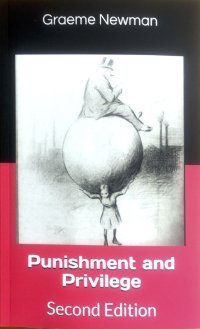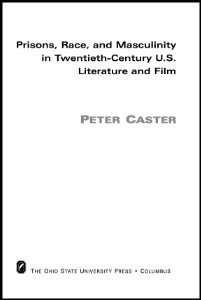By Pietro Marongiu and Graeme R. Newman
Gli Autori di questo saggio, che costituisce una pietra miliare negli studi sulla Vendetta, sono eminenti criminologi che hanno riunito diverse suggestioni provenienti dalla storia, dall’antropologia, dalla sociologia, dalla letteratura classica e dalla mitologia nell’intento di migliorare la nostra comprensione della violenza, della giustizia penale e del vigilantismo nella società moderna. Partendo da diverse rappresentazioni classiche della Vendetta nei miti greci, nei drammi di Shakespeare, nell’Inferno di Dante Alighieri, nel folklore del selvaggio west, fino alle saghe contemporanee dei supereroi come Batman e Superman, vengono indagate le radici storiche e culturali del desiderio universale di restituire i torti subiti. Marongiu e Newman affermano che tutti i comportamenti vendicativi originano da un “elementare senso di ingiustizia, un sentimento primitivo di ribellione contro un potere tirannico contro il quale si è impotenti a reagire” e che tutte le vendette sono fondamentalmente motivate da un bisogno generale e insopprimibile di uguaglianza, giustizia e reciprocità. Il libro ricostruisce la nascita e i cambiamenti che il bisogno di vendetta ha subito nel corso dei secoli e come esso ha influenzato i nostri sistemi legali, i nostri codici morali e i miti della nostra cultura.
Harrow and Heston Publishers. 2012. 152p.













